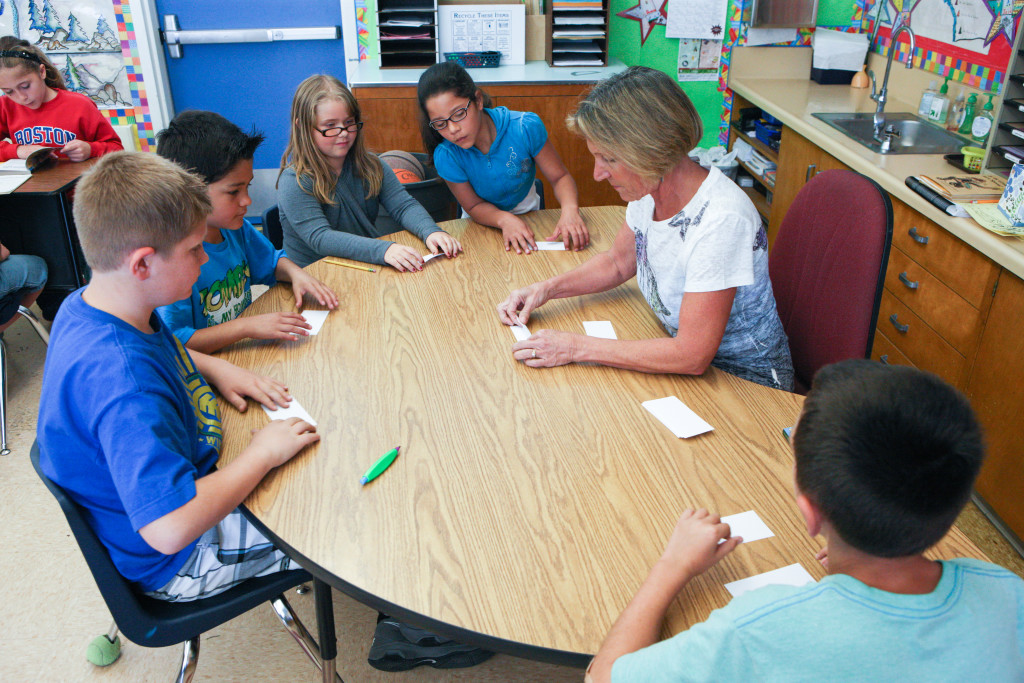click here to get the PDF version of this article
The concept of practice is usually considered an all or nothing type of activity. Students often perceive the task of practicing as some thing that is done with great intensity or not done at all or some task that is expected of students who do not comprehend a concept or skill rather than an activity for students to engage in doing in order to affirm their abilities to comprehend or perform a skill.
 An examination of how curriculum addresses the concept of practice reveals that practice is most often defined as an activity that reinforces a lack of knowing and doing rather than a means to exemplify how much has been learned. Importantly, it is necessary that gifted students understand that giftedness does not exonerate the need to practice; giftedness might require the art of practice. It is recognized that practice is an essential task to realizing potential and one’s aptitude, it is essential that practice be taught as an important tool or activity to underscore the nature of giftedness and the achievements aligned to giftedness for self and society.
An examination of how curriculum addresses the concept of practice reveals that practice is most often defined as an activity that reinforces a lack of knowing and doing rather than a means to exemplify how much has been learned. Importantly, it is necessary that gifted students understand that giftedness does not exonerate the need to practice; giftedness might require the art of practice. It is recognized that practice is an essential task to realizing potential and one’s aptitude, it is essential that practice be taught as an important tool or activity to underscore the nature of giftedness and the achievements aligned to giftedness for self and society.
A differentiated curriculum should include opportunities for students to develop respect and regard for the concept of practice. Why and how to practice should be integrated into a differentiated curriculum so that it becomes an activity to realize rather than punish or embarrass the pursuit of excellence. Practice should not be introduced and performed as a tedious set of experiences; practice should introduced as it is aligned to the biographies and achievements of noted individuals and with respect to the “playfulness” of recognizing and exhibiting capabilities. A goal for truly understanding the nature of practice is to understand that to practice is to become one’s own apprentice. Changing the perceptions of practice could change the degree of respect and application of practice.
Several critical forms to teach students how to practice can be presented in the form of gaming:
- Learning how to circle the same idea or skills more than once for different purposes
- Integrating practice into recognized games such as bingo
- Aligning the concept of practice with verbiage that elevates the importance of practice.
A positive reference to practice could be related to either a chart or a poster in a classroom that directs the rhetoric towards the value of practice.

About Dr. Sandra Kaplan
Dr. Kaplan is the editor of the GEC, an active member and past president of the California Association for the Gifted and chair of both the Blue Ribbon Committee and Education Committee for the organization to research a non-traditional identification instrument to recognize the underrepresented students as gifted. Dr. Kaplan has recognition for her work, receiving awards for Excellence from the Council of Exceptional Children, National Association for the Gifted for Service and Achievement and Research awards from the California Association for the Gifted. You can see her full bio here.